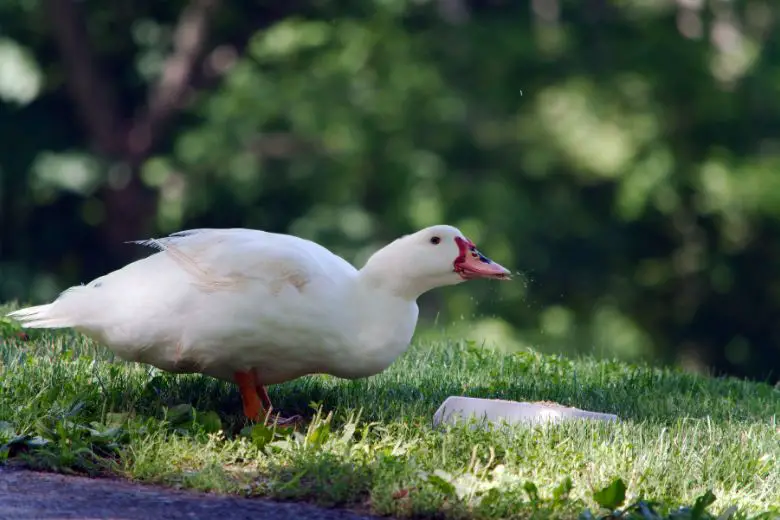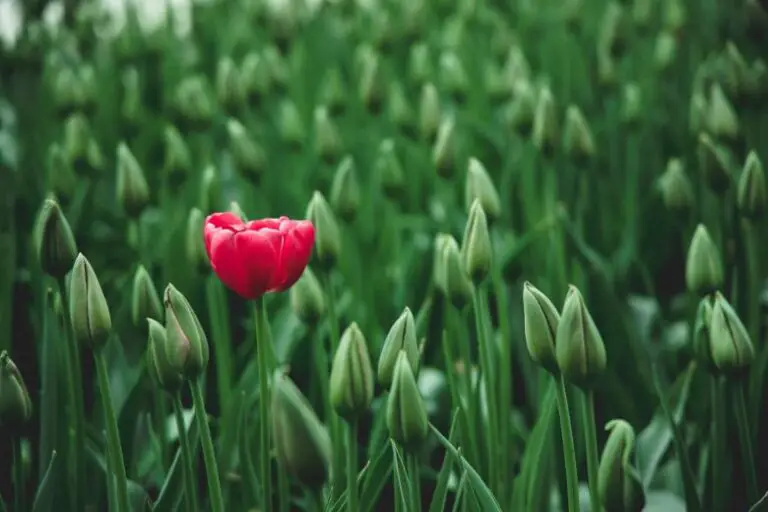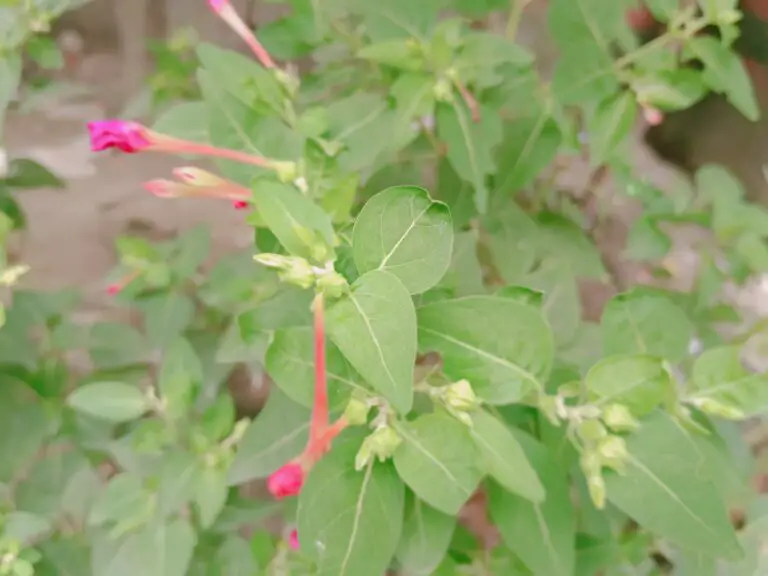Can Ducks Eat Sunflower Seeds
Ducks are delightful creatures that frequent parks, ponds, and lakes, captivating us with their charm. It’s natural to want to offer them food, and as a curious onlooker, you might wonder if you can share your snacks, such as sunflower seeds, with these feathery friends.
Are Sunflower Seeds Safe for Ducks?
Yes, ducks can eat sunflower seeds in moderation. Sunflower seeds are a nutritious treat that can provide ducks with essential nutrients. However, it’s crucial to understand that while sunflower seeds can be a tasty snack, they should not replace a duck’s regular diet.
The Nutritional Value of Sunflower Seeds for Ducks
Sunflower seeds are packed with nutrients beneficial to ducks’ health. These seeds are rich in protein, healthy fats, fiber, vitamins, and minerals. Protein is crucial for the growth and maintenance of a duck’s feathers, muscles, and overall health. Healthy fats offer a valuable energy source, especially during migration or colder months.
How to Feed Sunflower Seeds to Ducks Safely
When sharing sunflower seeds with ducks, it’s essential to follow some guidelines to ensure their well-being.
Offer Sunflower Seeds Sparingly
While sunflower seeds have nutritional benefits, ducks should only consume them as occasional treats. Overfeeding ducks with sunflower seeds can lead to an imbalanced diet and potential health issues.
Avoid Salty or Flavored Sunflower Seeds
Salty or flavored sunflower seeds are harmful to ducks. High sodium content can disrupt their delicate salt balance, leading to dehydration and other health problems.
Choose Unsalted and Shell-Free Sunflower Seeds
Opt for unsalted and shell-free sunflower seeds when feeding ducks. Removing the shells beforehand makes it easier for ducks to consume and prevents littering in their environment.
Observe Duck Behavior
While some ducks might enjoy sunflower seeds, others might not show interest. Observe their behavior and stop feeding if they lose interest or if it seems to cause any discomfort.
Benefits of Sunflower Seeds for Ducks
Feeding ducks sunflower seeds in moderation can have several benefits. The nutritional content of sunflower seeds helps improve their overall health, including feather quality and immune system strength.
Risks and Precautions
Despite the benefits, there are some risks associated with feeding sunflower seeds to ducks.
Choking Hazard
Sunflower seeds are small and can pose a choking hazard, especially if ducks consume them too quickly. Always provide fresh water nearby to help ducks wash down the seeds properly.
Potential Contamination
Ensure the sunflower seeds you offer to ducks are clean and free from mold or other contaminants. Contaminated seeds can cause illnesses in ducks.
Allergic Reactions
Like any food, ducks might have individual sensitivities or allergies to sunflower seeds. Watch for any signs of allergic reactions and discontinue feeding if necessary.
Other Suitable Foods for Ducks
While sunflower seeds can be a treat, ducks need a varied diet to thrive. Here are some other suitable foods for ducks:
Duck’s Natural Diet
Ducks naturally feed on aquatic plants, insects, and small aquatic animals. Try to mimic their natural diet as closely as possible.
Duck Pellets and Crumbles
Commercially available duck pellets and crumbles provide a balanced diet for ducks, ensuring they receive all essential nutrients.
Fresh Vegetables and Grains
Offer fresh vegetables like lettuce, peas, and corn, along with grains like oats and barley. These provide additional nutrients and variety to their diet.
Insects and Small Animals
Ducks are omnivores, and insects or small animals like mealworms can be a part of their diet. However, ensure these are offered in moderation.
Conclusion
In conclusion, ducks can eat sunflower seeds, but they should be given sparingly and without salt or shells. While sunflower seeds offer nutritional benefits, they should only complement a balanced diet. Always observe the ducks’ behavior and be cautious of potential risks. Remember to provide a diverse diet, including commercial pellets, fresh vegetables, and grains. Caring for ducks responsibly ensures their well-being and allows us to enjoy their delightful presence.







